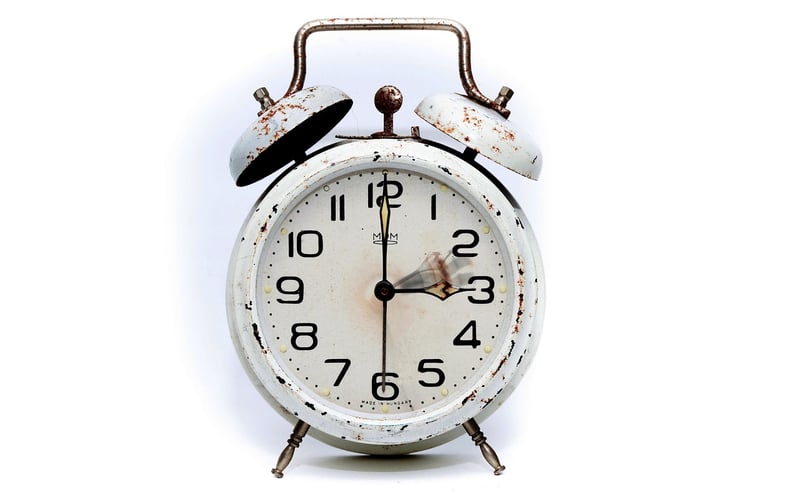Grandfather Paradox
Exploring the Grandfather Paradox and Time Meddling
Time travel has long captured the imagination of science fiction enthusiasts and scientists alike. The possibility of altering the past or future raises fascinating questions and paradoxes. One of the most famous conundrums associated with time travel is the Grandfather Paradox.
The Grandfather Paradox
The Grandfather Paradox is a hypothetical situation where a time traveler goes back in time and prevents their grandfather from meeting their grandmother. As a result, the time traveler's existence becomes impossible, leading to a paradoxical situation. If the time traveler prevents their grandparents from meeting, they would never be born, which raises the question of how they could have traveled back in time in the first place.
Considerations when Meddling with Time
When contemplating the idea of time travel and altering the past, several considerations come to light:
- Temporal Causality: Changing events in the past could have unforeseen consequences on the future, leading to unpredictable outcomes.
- Butterfly Effect: Small alterations in the past can have significant ripple effects, potentially changing the course of history in drastic ways.
- Parallel Universes: Some theories suggest that altering the past creates a new branch of reality, where the original timeline remains intact, leading to the concept of parallel universes.
- Temporal Loops: Time travel could result in closed loops where events repeat endlessly without a clear beginning or end.
Conclusion
While the Grandfather Paradox and other time travel dilemmas make for intriguing thought experiments, the practical implications of meddling with time remain uncertain. The concept of altering the past raises profound questions about causality, free will, and the nature of reality. As we continue to explore the mysteries of time travel, it is essential to approach these ideas with caution and a deep understanding of the potential consequences.

